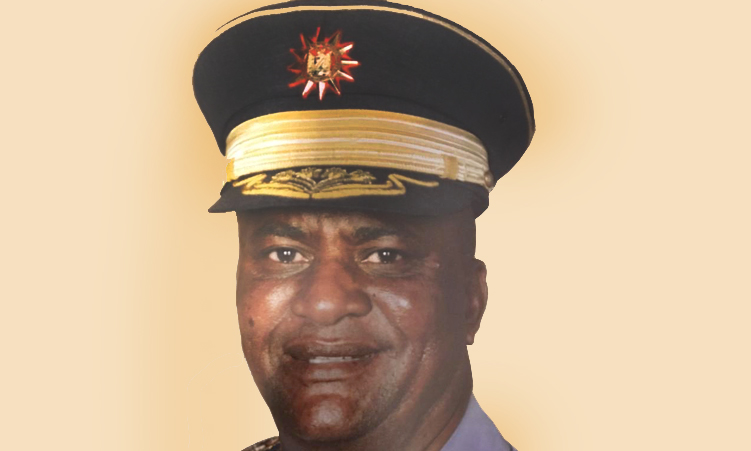Is the constitutional guarantee of a speedy trial being executed with due diligence in Namibia?
Windhoek resident Petrus Shoovaleka spent more than 10 years in jail on charges of robbery but was acquitted when his case eventually went to trial.
A lawsuit he subsequently initiated against the prosecutor general for more than N$11 million was unsuccessful.
The principle and requirement of a “speedy trial” or “trial within a reasonable time” was accepted in South African and Namibian common law and criminal law long before it was reinforced by independent Namibia’s Constitution.
It means the accused must be brought to trial or released within a reasonable time as the state is not legally permitted to lock up people indefinitely without trying them.
Importantly, the Constitution states: “A trial […] shall take place within a reasonable time, failing which the accused shall be released.”
The general concept is easy enough to understand, but the details can be difficult to pin down.
What constitutes a “reasonable” time frame is a matter of debate, litigation and legislation.
There is no simple or firm time limit of what is considered reasonable.
SYSTEMIC FACTORS
Systemic factors are underlying conditions and processes that shape the way organisations function.
In his judgement on Shoovaleka’s claim, the judge made some interesting findings on the factors that led to him not being brought to trial within a reasonable time frame.
These included that Shoovaleka’s prolonged detention was not arbitrary, but was in accordance with competent court orders, the Constitution and procedures established by law, and that the delays and postponements were caused by “systemic factors”.
As such, the judge ordered the minister of safety and security and the inspector general of the police to pay only N$65 000 to Shoovaleka for damage to his car, which was impounded by the police.
The judge concluded that “systemic factors” caused delays in the trial, including issues not solely in the hands of the prosecution, such as the number of accused charged with Shoovaleka, lawyers who had different trial schedules, court congestion, time-consuming periods of awaiting the outcome of legal aid applications, and lack of a serious commitment to the principle of finalising cases effectively and within a reasonable time.
From a layman’s perspective, it is within the court’s ambit to ameliorate the situation if there are bottlenecks that severely slow down or impede a speedy trial.
The judge has the power, duty and the obligation to manage cases in court. Someone should carry that liability.
FOUR-PART TEST
In Barker v Wingo (1972), the United States Supreme Court held that under the US constitution: “A defendant’s constitutional right to a speedy trial cannot be established by any flexible rule, but can be determined only on an ad hoc balancing basis in which the conduct of the prosecution and that of the defendant is weighed.”
With that opinion, the court established a four-part test to assess this right on a case-by-case basis, weighing: The length of the delay; the reason for the delay; whether or not the defendant asserted their right to a speedy trial; and, the prejudice to the defendant in respect of the delay.
This is unsatisfying to people whose understanding of rights is that they are not something that ought to be left to the whims of officials.
The court provides only a baseline for determining speedy trial violations, with federal and state legislators allowed to provide additional protection.
In the case of Shoovaleka and his co-accused, they asked the High Court to quash the decision to prosecute them, or to grant them bail, but that application was struck off the court’s roll in December 2012.
They approached the High Court with the same application in 2015, but it was dismissed in April 2016.
A WAY FORWARD
It would be commendable if Namibia could introduce a speedy trial law to speed up the prosecution of accused persons by setting uniform time limits.
Such an act could provide for the dismissal of criminal cases not processed within an established time frame.
When an appellant claims denial of the right to a speedy trial, the reviewing court should speedily assess and analyse the relative strengths of various factors, otherwise justice will remain far-fetched for many citizens.
* Major general JB Tjivikua served in the Namibian Police for 27 years.
Stay informed with The Namibian – your source for credible journalism. Get in-depth reporting and opinions for
only N$85 a month. Invest in journalism, invest in democracy –
Subscribe Now!






